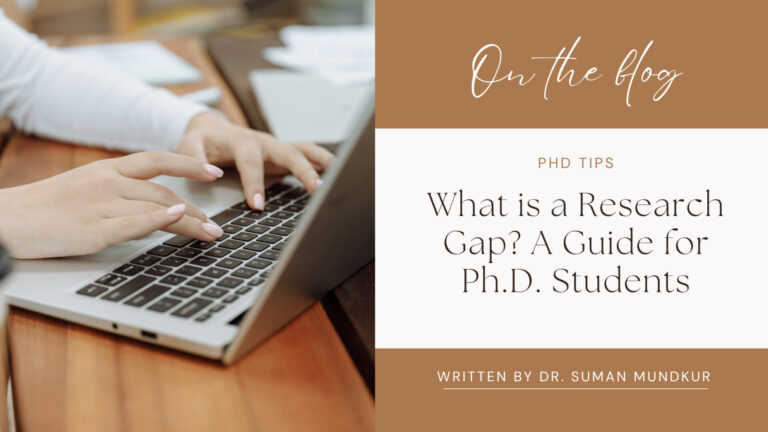How Researchers Handle Work-Life Balance Like a Pro
A Ph.D. student may claim that this is the most difficult or impossible part of the research process. However, it is critical to achieve a work-life balance between research and personal life. Research paper on work-life balance is an essential aspect of managing academic life effectively.
Because research can be difficult and stressful, it is crucial to remain conscious and adopt stress management skills. Research about work-life balance provides insights into mitigating the stress associated with research work.
- Here are some top tips and tricks to make your research journey easier! Research work-life balance strategies can significantly improve your academic experience. Establish realistic daily goals with a prepared priority list that can be made the night before the tasks.
- Time management for research work is crucial for achieving targets. Research paper work-life balance can offer guidance on effective time management techniques. Breaking down tasks (research, writing, reading, attending classes/teaching, meetings, etc.) into smaller, manageable tasks as research progresses will be a great idea for you.
- Also, to learn more about research work-life balance, check out my book, ‘A Guide to a Topic Selection Journey for First-time Researchers: ZEROING IN ON A RESEARCH TOPIC’ [link: https://www.amazon.in/dp/B0993QCDT7]. Research about work-life balance can provide additional resources and advice for navigating your research journey successfully.
- Because Ph.D. researchers frequently put in excessively long hours, this might result in burnout stress. Research paper on work-life balance underscores the importance of managing your time and energy wisely. It is important to carefully plan out time for friends, family, hobbies, and non-academic reading. Saying ‘No’ when required works as well; this way, you can establish boundaries to safeguard your academic interests as well.
- Do not be afraid to seek emotional support from friends, classmates, and mentors as Ph.D. research can be an isolating experience. Research work-life balance highlights the value of a support network in your academic journey. Knowing that you are surrounded by people who are supportive and optimistic might make you feel stronger. Research about work-life balance can provide strategies for seeking and receiving emotional support during your academic pursuits.
- How researchers handle work-life balance is a significant aspect of their academic journey. Researchers handle work-life balance by implementing effective time management strategies and setting clear boundaries between their professional and personal lives. They prioritize their well-being by seeking emotional support from friends, colleagues, and mentors, recognizing the importance of a strong support network.
Managing academic stress:
- Establishing respectful relationships with Ph.D. supervisors is crucial for the researcher’s well-being. Research paper work-life balance can emphasize the significance of fostering positive interactions with your academic mentors.
- Establishing relationships with fellow researchers, and experts, and attending conferences can enhance well-being and foster long-term connections. Research about work-life balance suggests that networking within the academic community can be enriching for your research journey. Participation in Seminars and workshops to exchange thoughts and receive insights from others can significantly help you feel afloat as well.
- Practice Yoga and meditation, spiritual chanting, and deep breathing exercises. Spend time in activities you love to relax and rejuvenate. Research work-life balance encourages various stress-relief techniques to maintain your well-being.
- Utilize calendar reminders, alarms, to-do lists, and productivity apps to stay organized and reflect on progress and improvement. Using that makes necessary adjustments to achieve balance. Research paper on work-life balance can provide practical advice for staying organized and productive.
Maintaining a balanced personality:
As a Ph.D. scholar, it is crucial to maintain personal well-being the most! After all, health is wealth! Research about work-life balance underscores the importance of your personal well-being.
- Self-love should not be considered selfish; accepting our flaws, kindness, self-improvement, and moving forward is essential. Research paper on work-life balance encourages a positive and self-compassionate attitude.
- Self-care involves maintaining physical, emotional, intellectual, and spiritual well-being through a well-planned schedule. Take breaks so that the research work does not consume you, exercise regularly, maintain a healthy diet, and engage in activities that refresh the mind. Cooking yourself a different dish or changing the location of your daily walk, all is part of self-care. Research about work-life balance offers insights into effective self-care practices for Ph.D. scholars.
- Self-reflection and flexibility in planning and implementing targets are equally important activities. Research work-life balance can guide you in adapting and improving your research planning. As a result, we can see that learning to put work aside in an effort to reduce stress appears ideal.
When it is hard to keep research and personal life separate, integrate as much as you can. Avoid multitasking because it will make it harder to maintain balance. Always be self-aware, kind, and welcoming. Accepting imperfections, being kind to yourself, and being flexible in your work and personal life can help you achieve a balanced research personality. Research about work-life balance can provide essential insights for achieving a harmonious balance between your academic and personal life. And if you are looking to find what type of researcher you truly are, read my other blog here!







